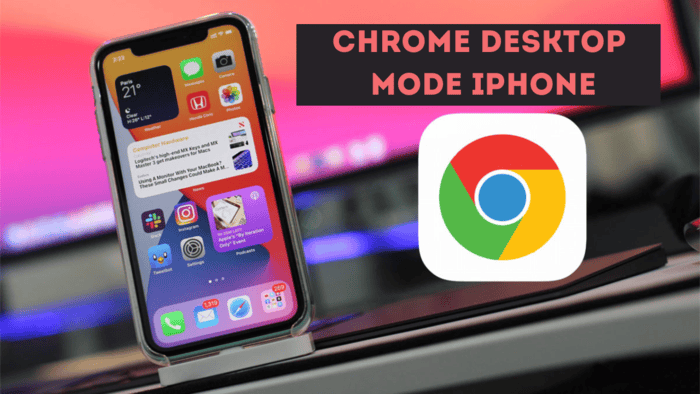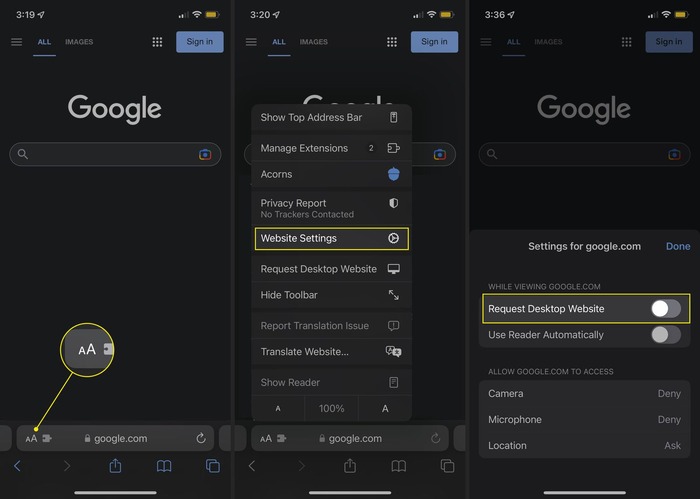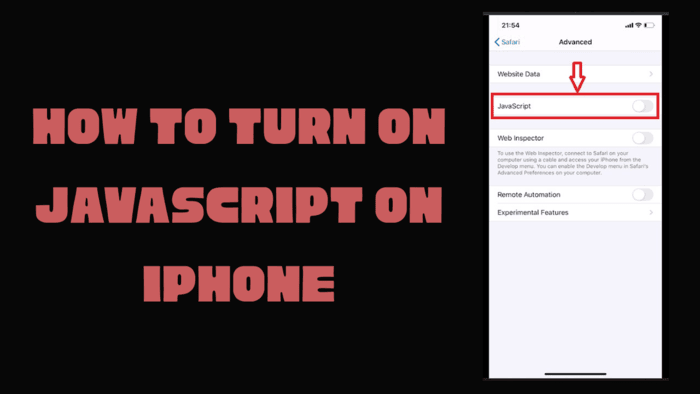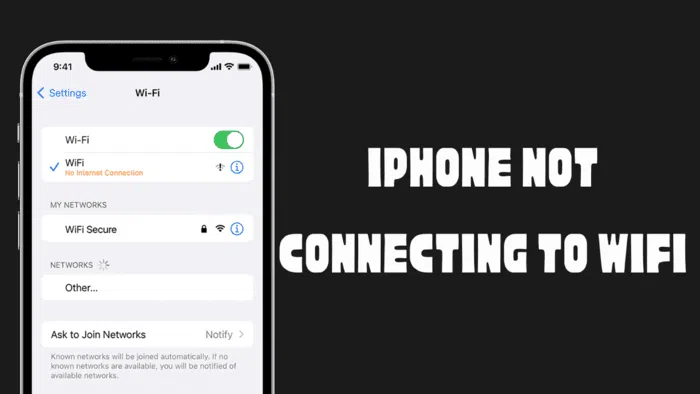Browsing websites on an iPhone often defaults to a mobile-friendly view, but sometimes, you need the full desktop version.
Whether for better functionality or accessing unavailable features, switching to desktop mode is straightforward.
This article covers ways to enable desktop mode in Chrome and Safari on your iPhone.
Ways to View Desktop Sites in Chrome and Safari
When browsing on an iPhone, websites often display in a mobile-friendly format.
While this makes search easier, some users prefer the full desktop version for better functionality or a more familiar interface.
Both Chrome and Safari offer ways to switch to desktop mode. Below are different methods to enable this feature.
One-Time Desktop View in Safari
If you need to access a desktop version of a website only once, Safari allows you to request it temporarily.
This method applies only to the current tab and does not affect other sites or future visits.
Steps to Request Desktop View for a Single Page
| Step | Action |
| 1 | Open Safari and type the URL of the website in the address bar. Tap Go to load it. |
| 2 | Look for the aA button located beside the address bar. Tap it to open a menu. |
| 3 | Select Request Desktop Website from the options displayed. |
| 4 | The webpage will reload and display its desktop version. |
This temporary setting will reset if you refresh, open a new tab, or visit a different site.
Permanent Desktop Mode for a Specific Website in Safari
If you frequently visit a particular website and prefer its desktop layout, Safari allows you to set desktop mode permanently for that site.
Steps to Enable Desktop Mode for a Specific Website
| Step | Action |
| 1 | Open Safari and enter the website URL in the address bar. Tap Go to open it. |
| 2 | Tap the aA icon located near the address bar. |
| 3 | From the menu, choose Website Settings to open customization options. |
| 4 | Locate Request Desktop Website and toggle the switch to the On position. |
| 5 | Tap Done to save the setting. |
From now on, Safari will always display this website in desktop mode. To undo this change, revisit the Website Settings and disable the option.
Apply Desktop Mode for All Websites in Safari
For users who always prefer the desktop version of websites, Safari provides an option to make desktop mode the default for all pages.
Steps to Enable Desktop Mode for All Websites
| Step | Action |
| 1 | Open the Settings app on your iPhone. |
| 2 | Scroll down and select Safari from the list of apps. |
| 3 | Look for Request Desktop Website under the Settings for Websites section. |
| 4 | Tap Request Desktop Website to open the settings menu. |
| 5 | Toggle on the option for All Websites to enable desktop mode globally. |
With this setting activated, all sites will open in desktop mode by default when using Safari.
If you need to revert to mobile versions, return to Settings > Safari > Request Desktop Website and turn off All Websites.
Enable Desktop Mode in Chrome
If you use Google Chrome instead of Safari, you can also request the desktop version of a website quickly.
Chrome provides a built-in feature to switch between mobile and desktop modes.
Steps to Request Desktop Mode in Chrome
| Step | Action |
| 1 | Open Google Chrome on your iPhone. |
| 2 | Type the website URL in the address bar and tap Go. |
| 3 | Tap the three-dot menu (•••) located at the bottom-right corner. |
| 4 | Scroll down and find Request Desktop Site in the menu. Tap it to enable desktop mode. |
Once enabled, the website will reload in its desktop version. If you go to other pages within the same site, they may also appear in desktop mode.
Returning to Mobile Mode in Chrome
If you wish to switch back to the mobile version, follow these steps:
| Step | Action |
| 1 | Open Chrome and tap the ••• menu again. |
| 2 | Scroll down and select Request Mobile Site. |
Alternatively, you can also use the Share icon near the address bar and tap Request Mobile Site from the options.
When to Use Desktop Mode
While mobile-optimized websites are designed for smooth search, some situations may require the desktop version:
- Accessing full website functionality: Some features may be unavailable on mobile versions.
- Better formatting for complex pages: Websites with intricate layouts may look more organized in desktop mode.
- Using desktop-specific tools: Some web applications and online editors work better in a full-screen format.
- Viewing a website as it appears on a computer: Developers and testers might need this feature.
Conclusion
Switching to desktop mode on an iPhone is simple whether you use Safari or Chrome.
Following the above steps, you can request a desktop view temporarily or set it as a permanent preference.
Safari allows users to apply this setting for individual websites or all sites globally, while Chrome provides an easy toggle for switching between modes.
Understanding how to enable desktop mode ensures a better browsing experience based on personal preferences and needs.





